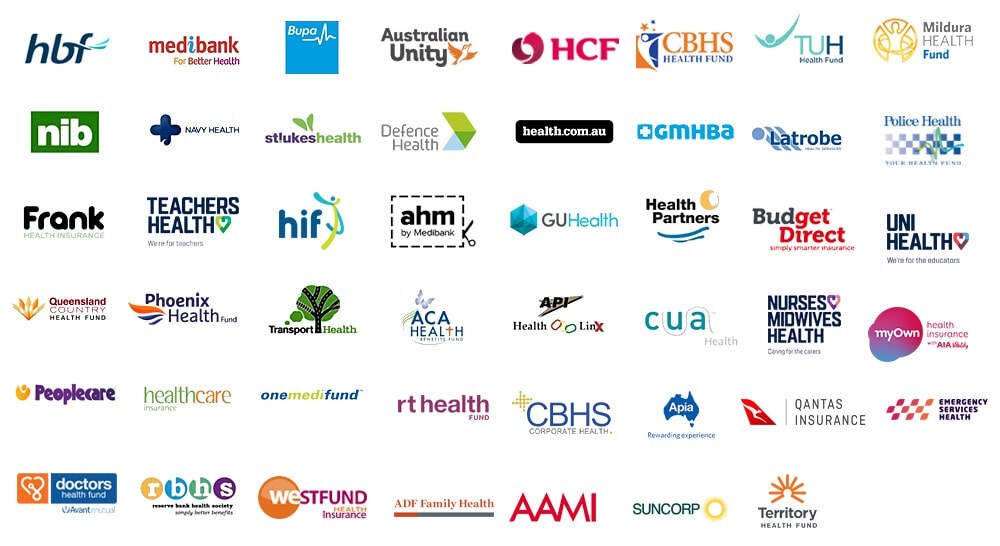Sorry the page may have been deleted
Unfortunately, it looks like the page you’re looking for hasn’t existed or the URL has been changed.
Let’s get you back on track — [Return to Homepage], select an item from our main menu above, or visit one of our nearest dental clinics to you in South East Queensland below.
Gold Coast Dentists
If you’re looking for a skilled and experienced dentist on the Gold Coast, Amazing Smiles is here for you. Our friendly and professional team offers personalised dental care to suit your individual needs—helping you achieve a healthy, confident smile.
Address:
12 Nerang-Broadbeach Road
Nerang, Gold Coast QLD 4211
Preferred providers with:
Bupa, Medibank, CBHS, HCF, TUH, and Westfund
Logan Dentists
If you’re in Logan and looking for a dentist in Logan, Amazing Smiles is here for you. Our friendly, experienced team is dedicated to providing personalised treatment and helping you feel confident about your smile and oral health.
Address:
45 Wembley Rd.
Logan Central Qld 4114
Preferred providers with:
Bupa, Medibank, NIB, CBHS, TUH, Westfund and HCF
Jimboomba Dentists
Looking for caring and experienced dentists in Jimboomba? The team at Amazing Smiles Jimboomba Dental Clinic is here to help with all your dental needs—whether it’s a routine check-up or a complete smile makeover. Get in touch with us today to book your appointment and take the first step toward a healthier, brighter smile.
Address:
Shop 12 Jimboomba Convenience Centre
133-145 Brisbane Street. Jimboomba QLD 4280
Preferred providers with:
NIB, HCF, TUH, and CBHS
Bray Park Dentists
At Amazing Smiles Bray Park, our dedicated dental team is committed to providing exceptional care tailored to your individual needs. You can count on our North Brisbane dentists for comprehensive treatments and personalised support to help you achieve and maintain a healthy, confident smile.
Address:
Shop 14 Kensington Village Kensington Way,
Bray Park, Brisbane QLD 4500
Preferred providers with:
NIB, CBHS, HCF, TUH, Qantas Insurance, and Australian Unity
Wynnum Dentists
Discover quality dental care at Amazing Smiles Wynnum. Our friendly and dedicated team is here to provide personalised treatments and exceptional service, all focused on helping you achieve a healthy, confident smile.
Address:
122 Bay Terrace, Wynnum QLD
4178
Preferred providers with:
CBHS, HCF, and BUPA Platinum First
We accept all major health funds


